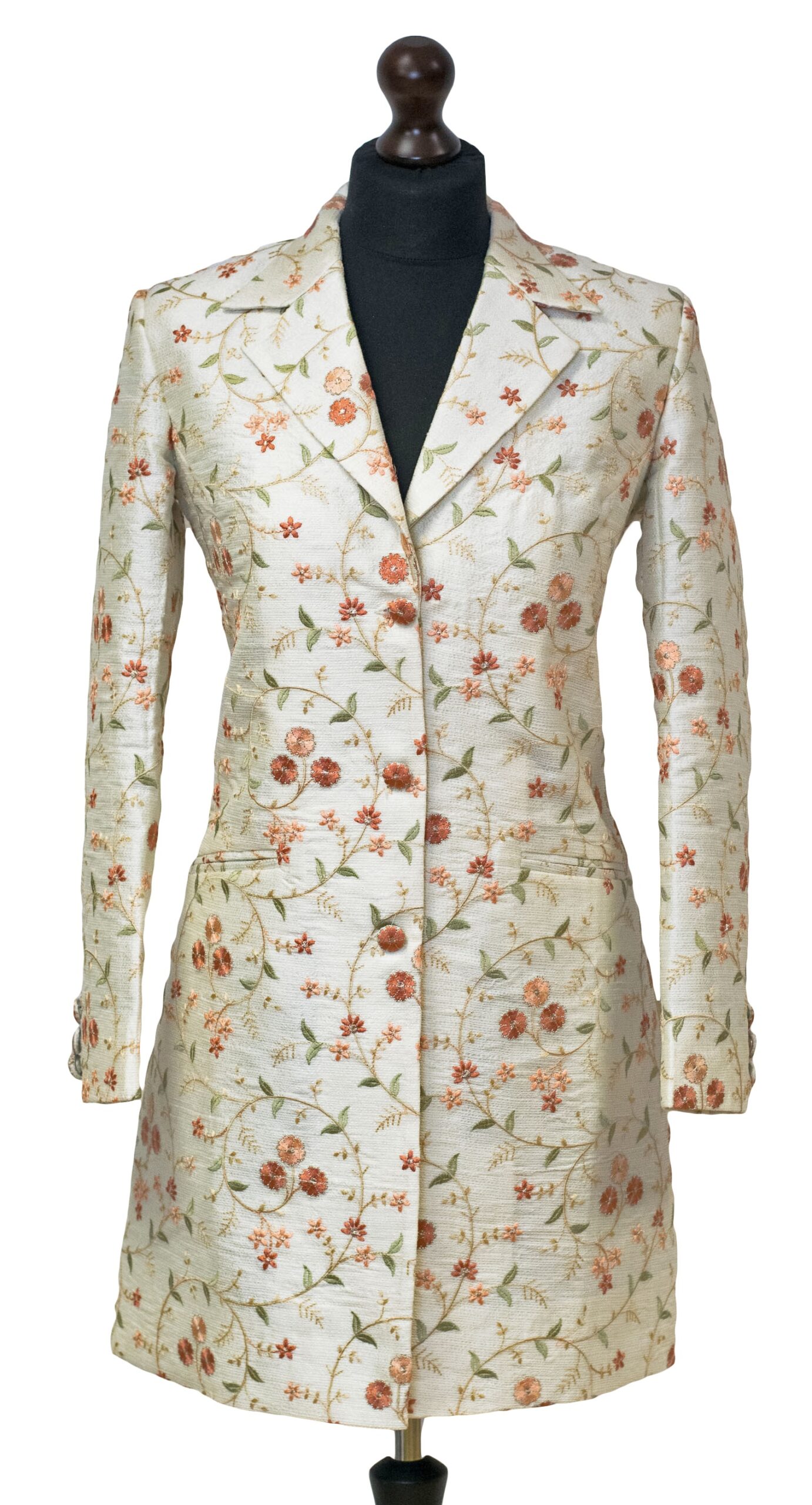In financial markets, the term volatility is used as a measure of the variation of the value of an investment. In casino gambling, the term refers to the ups and downs of winning and losing. Because of the way most casino games are designed, it’s possible to be up by a lot one minute and way down the next. These wagers are considered volatile.
I read an excellent analogy once that explained the concept to me really well. Think of an ocean. An ocean sometimes has small waves that scarcely crest, average-sized waves, and large waves that crash against the shore. Think of volatility as an indicator of how overall choppy the water is over the course of a day.
Before you go thinking that volatility is a bad thing, recognize that the mechanics of it are a huge part of the appeal of gambling. This article explains how the concept of volatility works in casino wagering.
Volatility vs. House Edge
Most of the gamblers I know (and most of the gambling articles you’ll read online) focus predominantly on the house edge. The house advantage is the casino’s profit as expressed as a percentage of a player’s bet. It’s a vital number to know, but it has nothing to do with volatility or win frequency.
The Two Sides of Volatility
This concept refers to variations in your bankroll over time.
Volatility has two sides – the player controls one when he selects the size of his bets. We refer to the practice of regulating this aspect of a game’s volatility as “money management.”
The second element of volatility is the natural swing in results over time. This is by far the more important portion of volatility, the point at which the game determines whether your bet is multiplied and returned to you, or lost.
We can identify games by their volatility. A coin-flip, which has two possible results and pays 1:1 to the victor, is a low volatility game, because you have a 50/50 chance of winning and losing each time. Wins aren’t big, but losses aren’t large, either. Single-number bets on roulette are high volatility wagers, because both the potential for losing and the potential for gaining are high.
Some Examples of Volatile Games
The trouble with volatility arises when some games (mostly table games) are way more volatile than they appear. The most catastrophic end result is that you may underfund your bankroll and be at risk of breaking out way before you intended. Highly volatile games Mahadev Book are excellent at emptying out bankrolls.
To illustrate how some games are more volatile than others, let’s look at a few specific casino contests.
Baccarat Baccarat is a heads-up competition that’s the closest thing you can wager on to a coin flip in a casino. That’s because both the participant and the banker win almost fifty percent of the time. Since the payouts are 1:1 for the player and 0.95:1 for the banker, it’s evident that this is a low volatile game.
Caribbean Stud Poker
Here’s an example of a game that’s volatile through and through. The fluctuations you’ll find in Caribbean Stud Poker are a sure sign that the game is volatile. Some hands win up to five base wagers at a time, and then there’s the highly-volatile $1 progressive side wager. It sounds like an expensive pastime for the casino, right?
Check the pay schedule. The bottom of the pay schedule is designed to enhance the house edge. Also, the game itself is designed to reward occasional big victories despite the fact that the majority of your Caribbean Stud Poker hands are losers.
The game tricks you into believing it is a low volatile contest, because you make up for those regular losses with random big wins. This is a common motif among highly-volatile casino games.
Blackjack (Ba
If you know much about gambling strategy, you may be astonished to see blackjack on this list. After all, the game has one of the lowest house advantage figures of any in the casino – just 0.5% when played with perfect strategy. But once again, a modest house edge does not mean a game isn’t volatile.
Without using perfect strategy, the dealer retains a five percent edge in terms of win frequency. You can reduce that advantage by doubling and splitting appropriately (according to basic strategy), and if you’re playing at a good table, you’ll earn additional payouts for natural blackjack which also reduces that edge.
The problem is, in order to reverse the dealer’s advantage, you have to risk extra chips by doubling down, risk larger losses through splitting, and waiting for those natural blackjacks to produce huge payouts. In other words, you’re hoping for large wins to wipe out your multiple losses, which is the definition of volatility.





